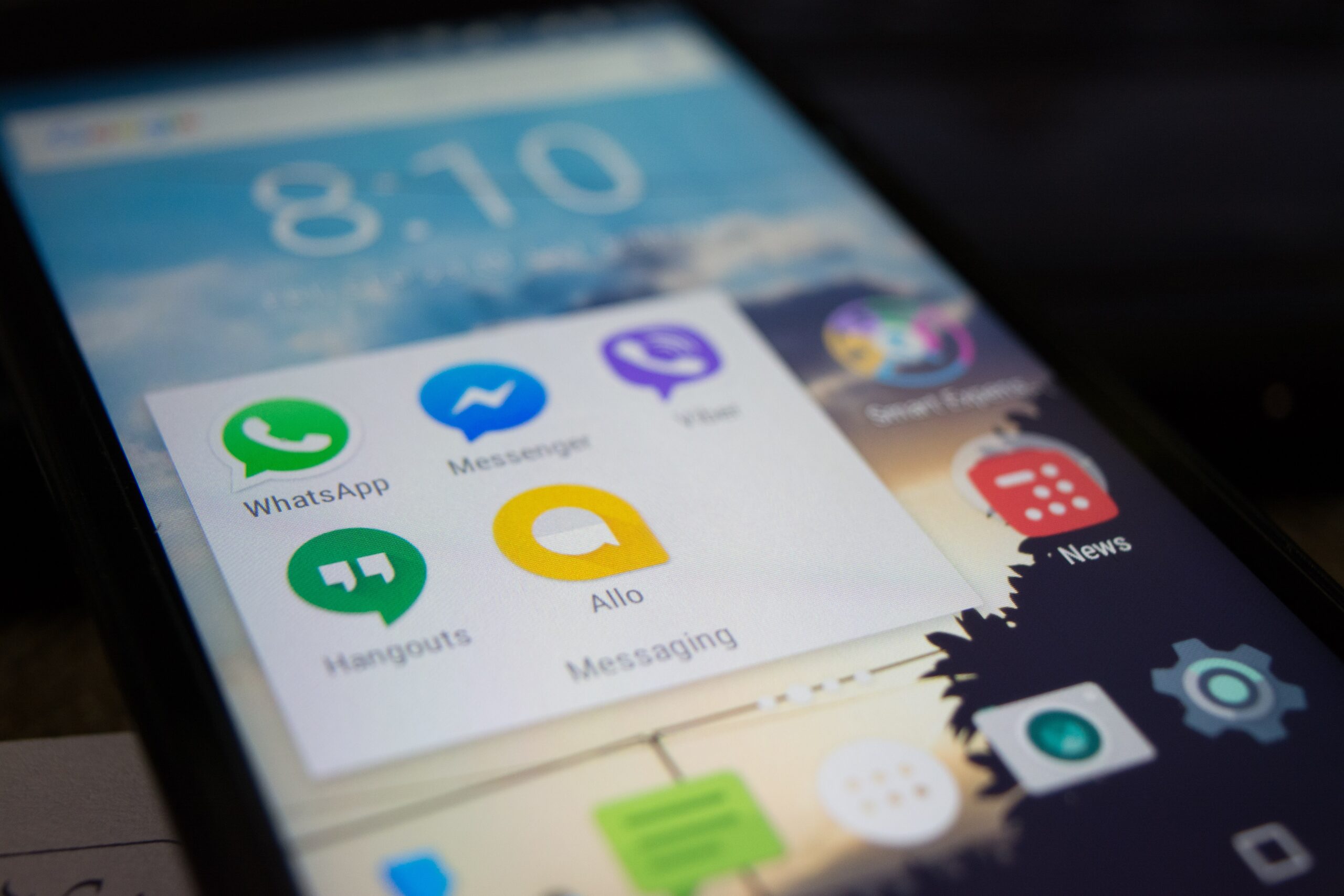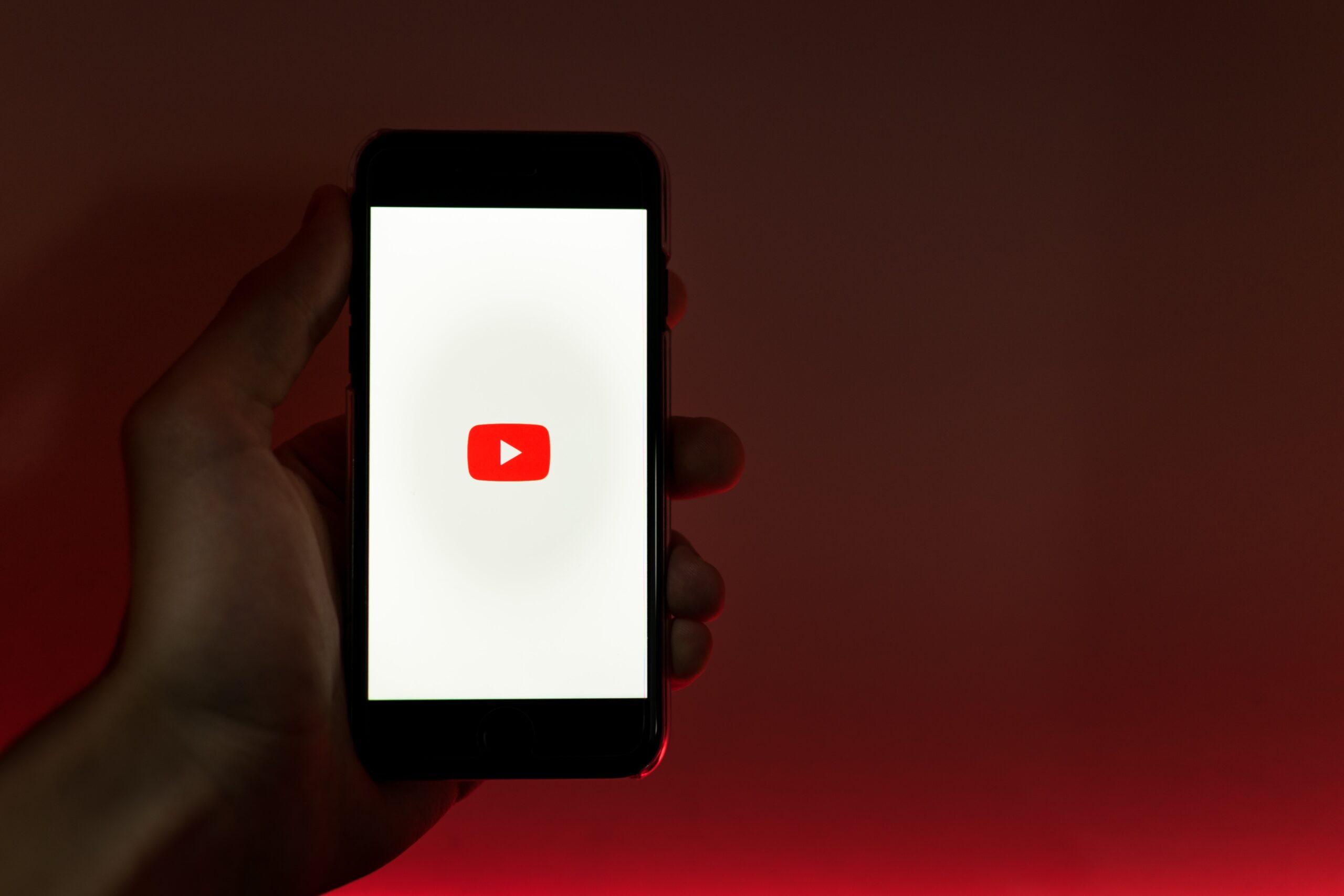Cell phone ban in class arrives in Brazil. See the rules.
Students at municipal schools in Rio de Janeiro can no longer use cell phones in class as of this Monday (7). The city government has issued a decree regulating the use of devices in public schools. Cell phones must now be kept and used only for educational activities with the teacher's permission.
According to Agência Brasil, statute 53.019 of 2023 requires that cell phones and other electronic devices be kept in backpacks or school bags, turned off or in silent mode and without vibration. The device cannot be used in the classroom or when there is an educational activity, nor during individual or group work. However, the device can still be used for educational purposes. Keep reading and understand the rules better.

Cell phone only with permission
Teachers may allow students to use cell phones to research, read, or access RioEduca materials provided by the City Hall. Whenever permitted, students must use the device silently under the guidance of the teacher. Cell phone use is also permitted for students with disabilities. In addition, students with health problems who require these devices for observation or assistance of any kind may also use them.
The statute also states that parents and guardians must instruct students in the proper use of technology devices without undue time. Parents must also emphasize the importance of not using such devices when they are not allowed at school. In case of non-compliance, the teacher may warn the student, restrict the use of electronic devices in the classroom and contact the school administration.
Rio's Municipal Minister of Education, Renan Ferreirinha, states that it is necessary to understand that schools are places of social interaction, where children need to play and collaborate with each other and not be isolated from their cell phone screens.
For the Minister, technology must be used consciously and responsibly, otherwise it can become a great enemy and not an ally.
Impact among students and teachers
The movement is positive, according to Diogo de Andrade, director of the Union of Education Professionals of the State of Rio de Janeiro (Sepe). Diogo is also a Portuguese teacher in the Municipal Network. For the director, it is very difficult to keep students focused between the classroom and your electronic devices. The world of social networks is becoming increasingly interesting and there are new things that are updated every time you scroll down. In other words, it is “unfair competition”, according to Andrade.
However, teachers argue that other measures are needed to enforce the statute. Pedagogical agents, janitors, pedagogical coordinators and psychologists should be hired. They acknowledge that cell phones are being abused at school, but say students often do not agree to keep them and teachers are reluctant to confiscate them.
The president of the Rio de Janeiro State Student Union (UEE-RJ), Isabelle Bezerra, said that the measure divided students. There are those who agree with the ban and those who say that the devices are useful in the classroom, even outside of the hours allowed by the teacher. According to her, this is a controversial decision for students. Some people think that it should be banned because it is disruptive, while others think that cell phones contribute to learning. Bezerra also points out that students are often not interested in the current teaching format. Isabelle says that the class format is bad for some students' concentration. However, the president of the UEE recognizes that cell phones hinder concentration even more.



